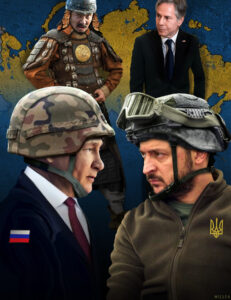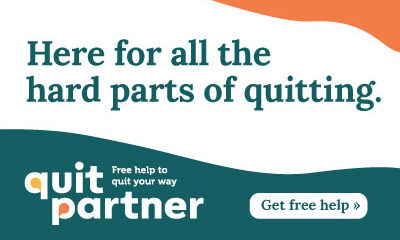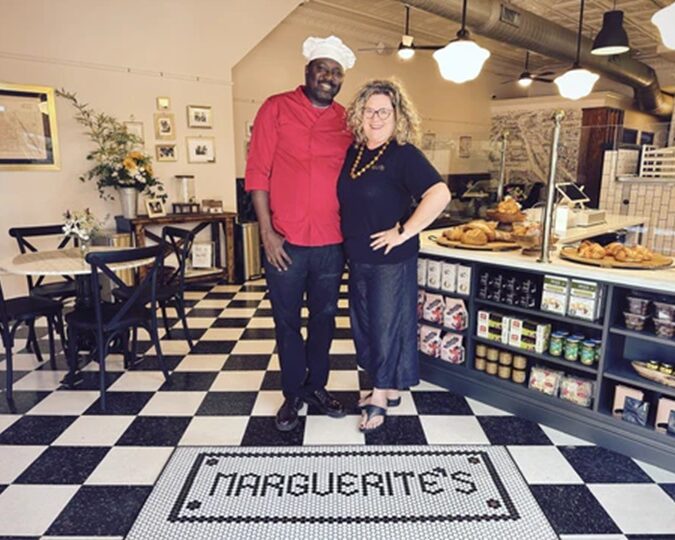 BY ED FELIEN
BY ED FELIEN
The name Ukraine probably comes from the Slavic language, meaning borderland.
Greek and Roman historians write about Slavic peoples growing wheat and riding horses across the wide steppe or prairie. The Eurasian Steppe reached from Ukraine to northern China. It was a wide highway and open invitation for the Golden Horde and Mongol invasion that reached the southern steppes of present-day Ukraine in 1237. The Crimean Khanate survived for 546 years, until 1783.
Alexander Nevsky, the Prince of Novgorod (just south of what is now St. Petersburg), is considered the founder of modern Russia. He defeated the Swedish Teutonic invaders in the battle of Neva in 1240. He was such a loyal subject of the Mongol Khan (he put down a rebellion of his own people in Novgorod who refused to pay tribute to the Khan) that he was made Grand Prince of Kiev and then of that section of Russia that included the small village of Moscow.
During the 14th century, Ukraine was part of the Grand Duchy of Lithuania that included Belarus and parts of Poland and Russia—the largest nation in Europe at the time. Eventually, Russia gained control of most of Ukraine but almost lost it to the Ottoman Empire allied with the British and French in the Crimean War. The Treaty of Paris, signed on March 30, 1856, forbade Russia to base warships in the Black Sea.
After the Russian Revolution in 1917, Ukraine became one of the constituted republics of the United Soviet Socialist Republics (USSR). With the collapse of the Soviet Union in 1991, Ukraine became nominally independent.
In 1991, Putin resigned as a senior intelligence officer in the KGB and became active in Russian politics. From 1999 to the present, he has been either president or prime minister.
The Iranian Revolution of 1979 effectively closed off the historic smuggling route for heroin from Afghanistan to Istanbul, so smugglers had to go through Turkmenistan and Russia to reach Western markets. Just as the OSS (the predecessor of the CIA) worked in partnership with the Sicilian Mafia to ensure a safe reception for the Allied invasion of Sicily, so the KGB has had a close working relationship with the Russian mob, running heroin out of Afghanistan through Russia and generally exiting to Western customers through the port of Odessa in Ukraine. The United Nations Office on Drugs and Crime estimates the heroin traffic from Afghanistan was worth $1.4 billion in 2022.
Mark Galeotti wrote in Foreign Policy in 2014: “For example, Russian law enforcement officers have confirmed to me that on the Ukrainian mainland, the Moscow-based Solntsevo network, Russia’s largest and most powerful mob, has a long-standing relationship with the ‘Donetsk clan,’ an infamous political-criminal circle in the eastern Ukrainian industrial city of the same name. This was the heart of ousted President Viktor Yanukovych’s power base, and his Party of Regions became a ‘haven for Donetsk-based mobsters,’ according to a 2006 cable from the U.S. Embassy in Kiev to the National Security Council.”
In November of 2013, large protests began in Maidan Square in response to President Yanukovych’s sudden decision to not sign a political association and free trade agreement with the European Union and instead opt for closer relations with Russia. By January and February the demonstrations had turned violent, with 108 protesters and 13 police officers being killed.
Feb. 18-20: Thousands of demonstrators march on the parliament building.
Feb. 21: Demonstrators occupy government buildings. The police abandon central Kyiv. Yanukovych flees the capital after signing an agreement for an interim unity government and new elections. He seeks asylum in Russia.
Feb. 27: Russia condemns the agreement, calling it a coup, invades and occupies Crimea and stages fake independence demonstrations in Donetsk and Luhansk.
East and West are once again at war in the borderland between Europe and Asia.
China says it is neutral. It is not supplying Russia with war materiel or troops. If it did, it would be game over. China has proposed a 12-point peace plan.
Here is their first point:
“China’s Position on the Political Settlement of the Ukraine Crisis
“2023-02-24 09:00
“1. Respecting the sovereignty of all countries. Universally recognized international law, including the purposes and principles of the United Nations Charter, must be strictly observed. The sovereignty, independence and territorial integrity of all countries must be effectively upheld. All countries, big or small, strong or weak, rich or poor, are equal members of the international community. All parties should jointly uphold the basic norms governing international relations and defend international fairness and justice. Equal and uniform application of international law should be promoted, while double standards must be rejected.”
It is hard to believe that China could be neutral or an objective observer. After all, the Mongol Empire, the Golden Horde, created the rough perimeters of modern Russia, and their deputy, Alexander Nevsky, was Prince of Kiev. But China plays a very long game. They genuinely believe that Taiwan and most of Russia will eventually fall into their lap. All they have to do is sit and wait and keep doing what they’re doing. In 2021 Taiwan had $198,280,000,000 invested in mainland China. Trade between the two was $273.06 billion in 2021. China doesn’t recognize sanctions against Russia. It buys their oil and sells them goods. It may take a hundred years or more, but every day and in every way Taiwan and Russia are becoming more dependent on China. Nixon and Kissinger effectively ended the Two China Policy when the U.S. recognized China in 1972, more than 50 years ago. China could have legitimately invaded and occupied Taiwan 50 years ago, but they are content to wait and see.
China recently negotiated a peace treaty between Iran and Saudi Arabia. Bringing together Shia and Sunni seems almost a higher hill to climb than ending the war in Ukraine.
Notwithstanding China’s history and its sense of itself as the Middle Kingdom, the first proposal to end the war in Ukraine by getting Russia to agree to respect “the sovereignty of all countries” would mean that Russia must withdraw from all occupied territories in Donetsk and Luhansk, and it must withdraw from Crimea.
If Russia would agree to this, it would end the war and stop the slaughter of innocents. Surely, Ukraine and the U.S. could agree to this, couldn’t they?
The remaining 11 articles could be negotiated, but Russia must agree to this first proposition and end the war.
Postscript:
Xi Jinping brought his major ministers to Moscow in March for a sit-down conference with Putin to try to talk some sense into him. He probably told him: withdraw from Ukraine; you can’t win; the whole world is against you; we’re not going to give you war materiel or combat troops.
China will continue to ignore economic sanctions against Russia and will continue non-military trade—buying Russian oil and selling Chinese domestic products.
























